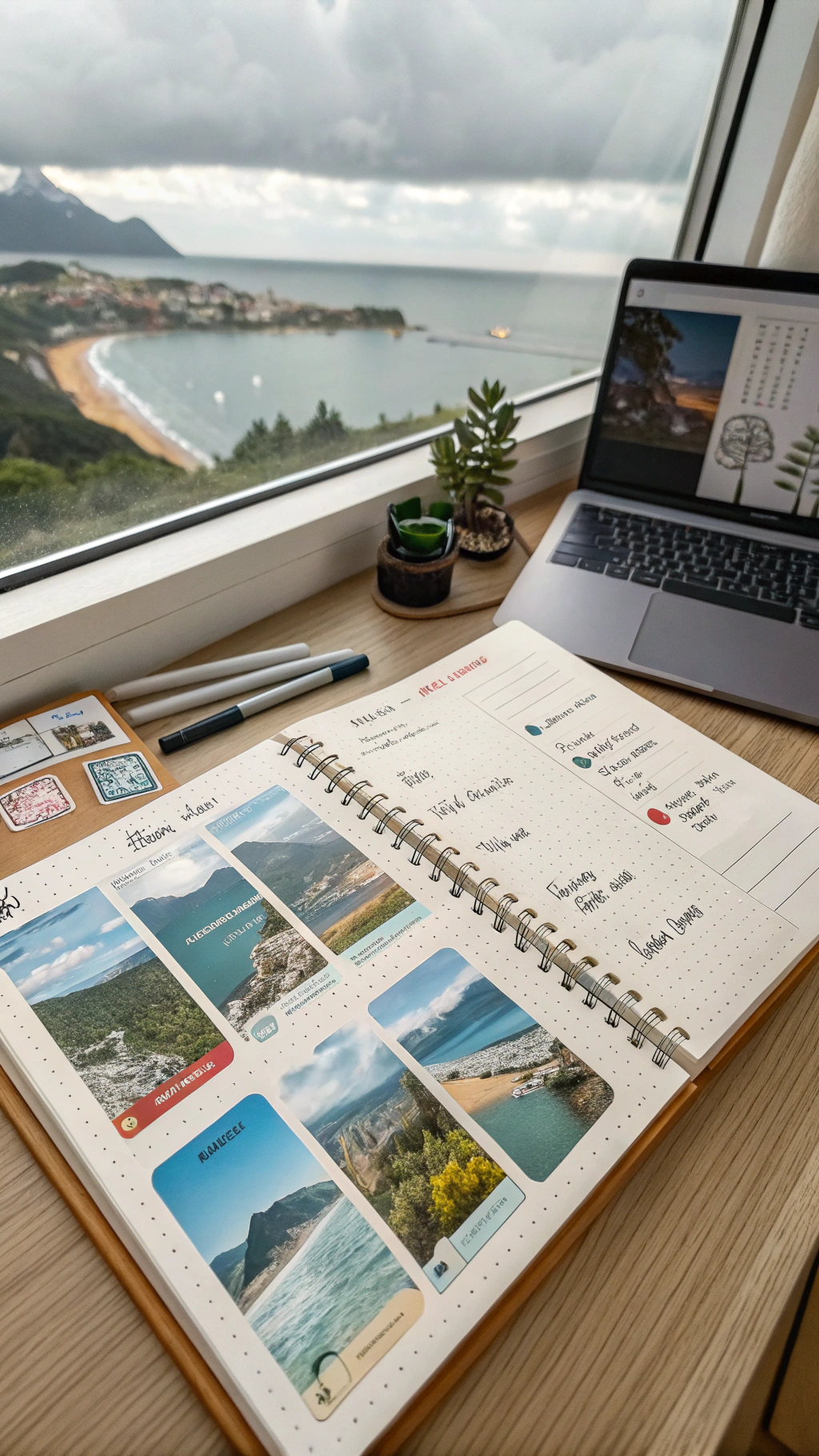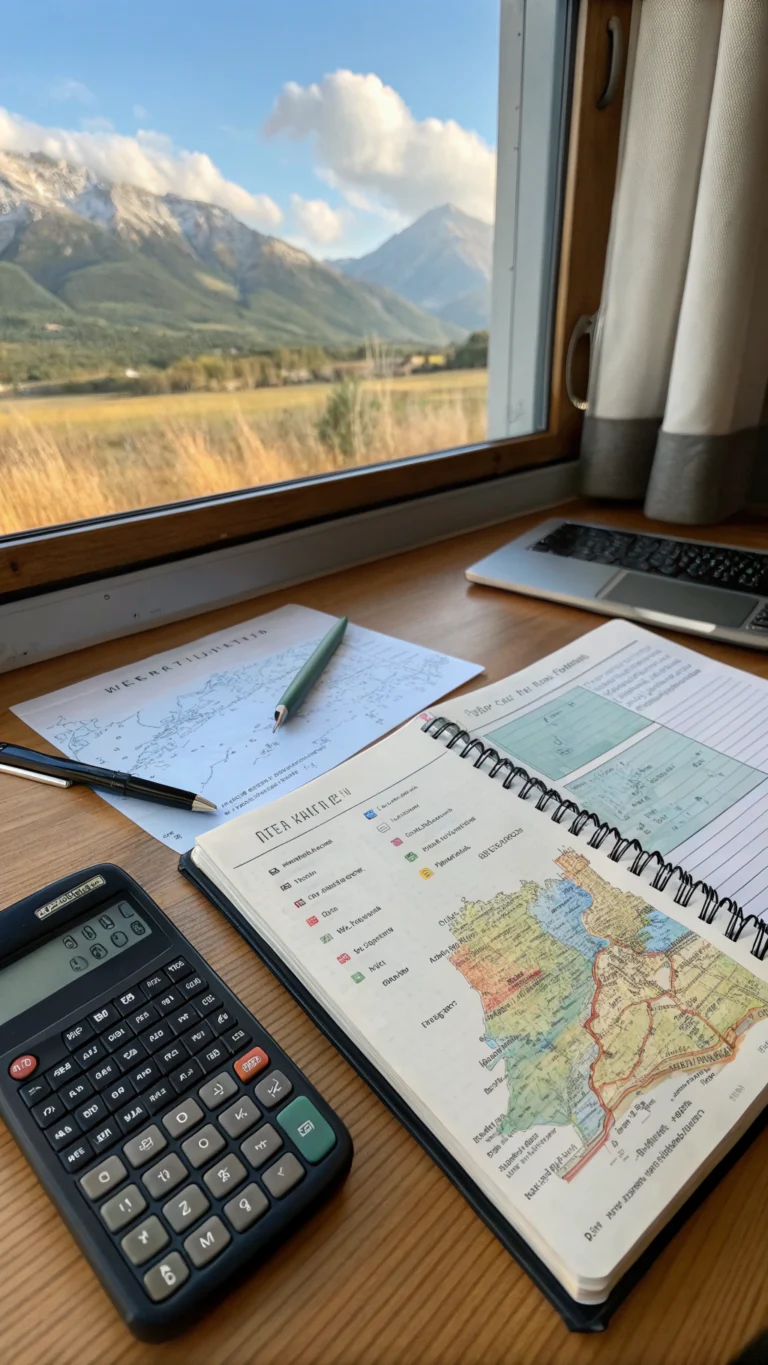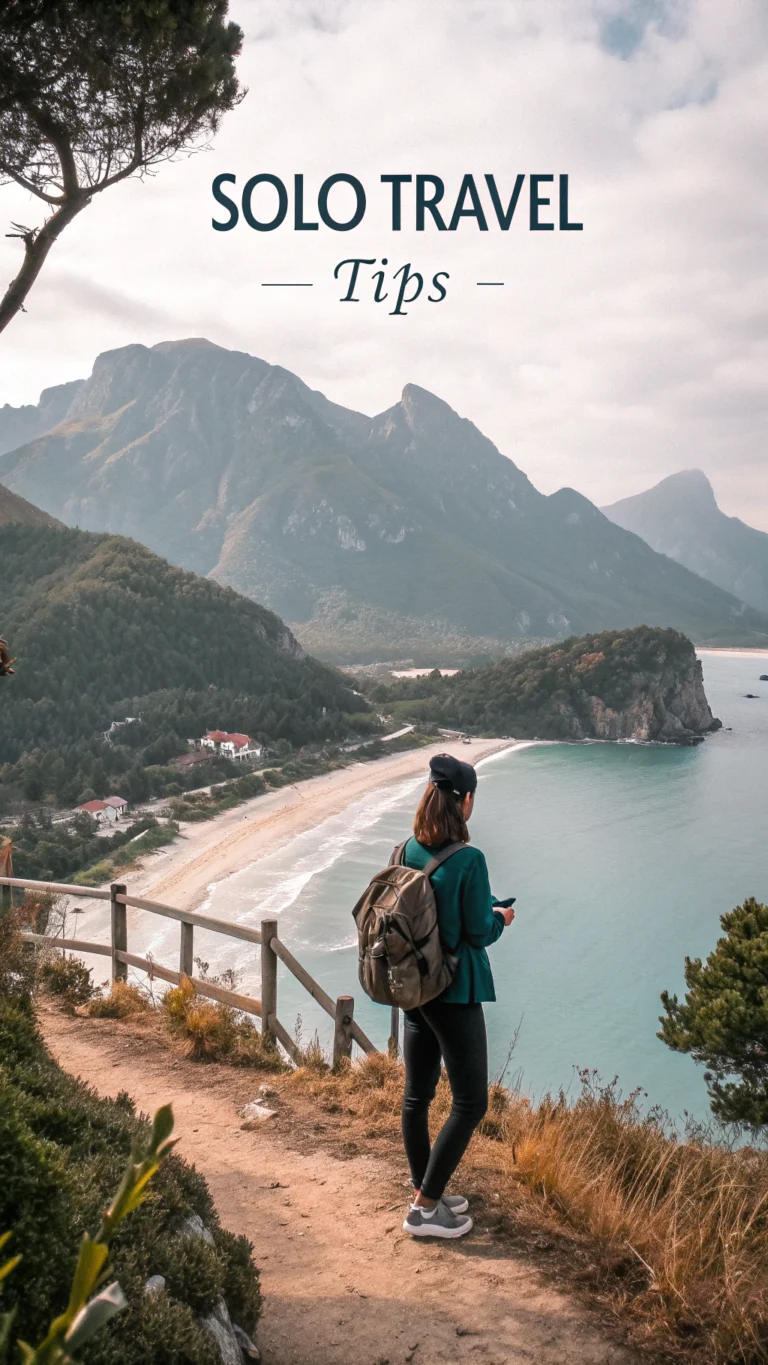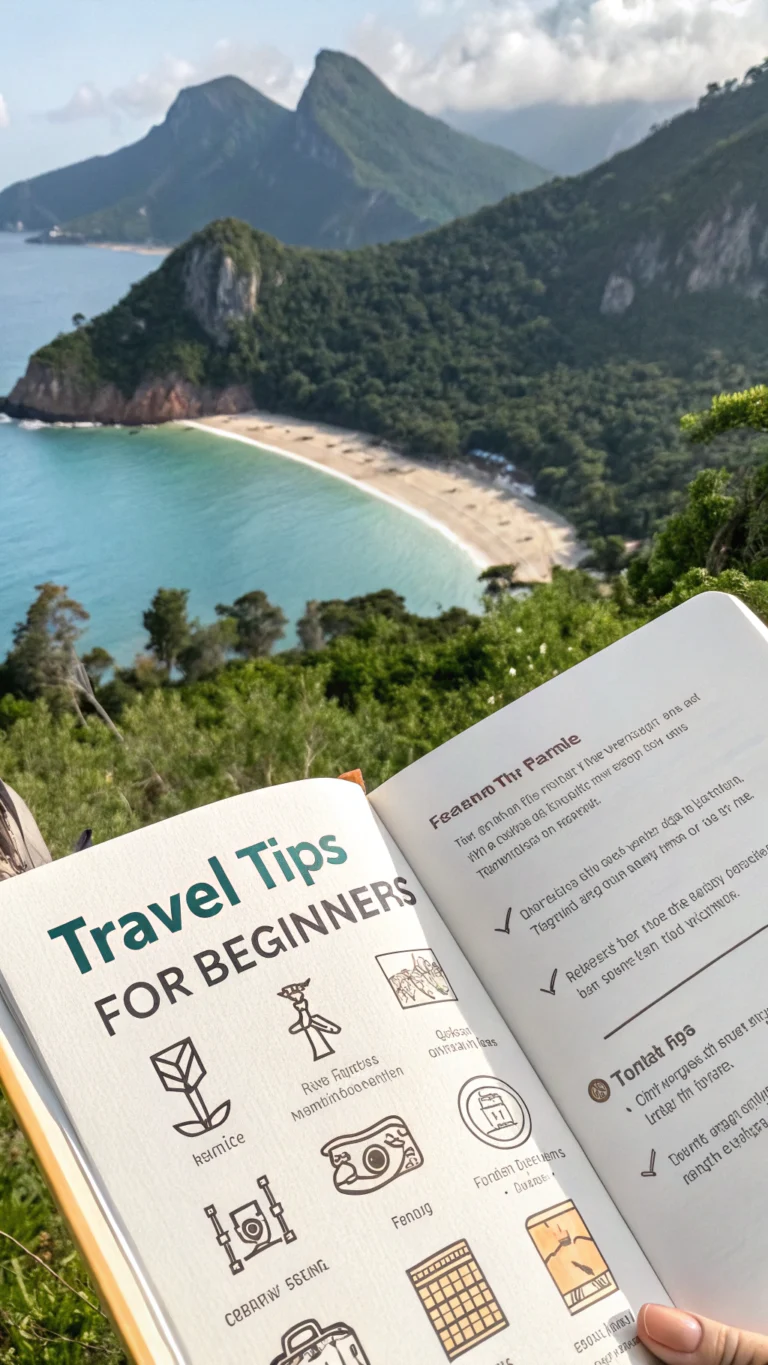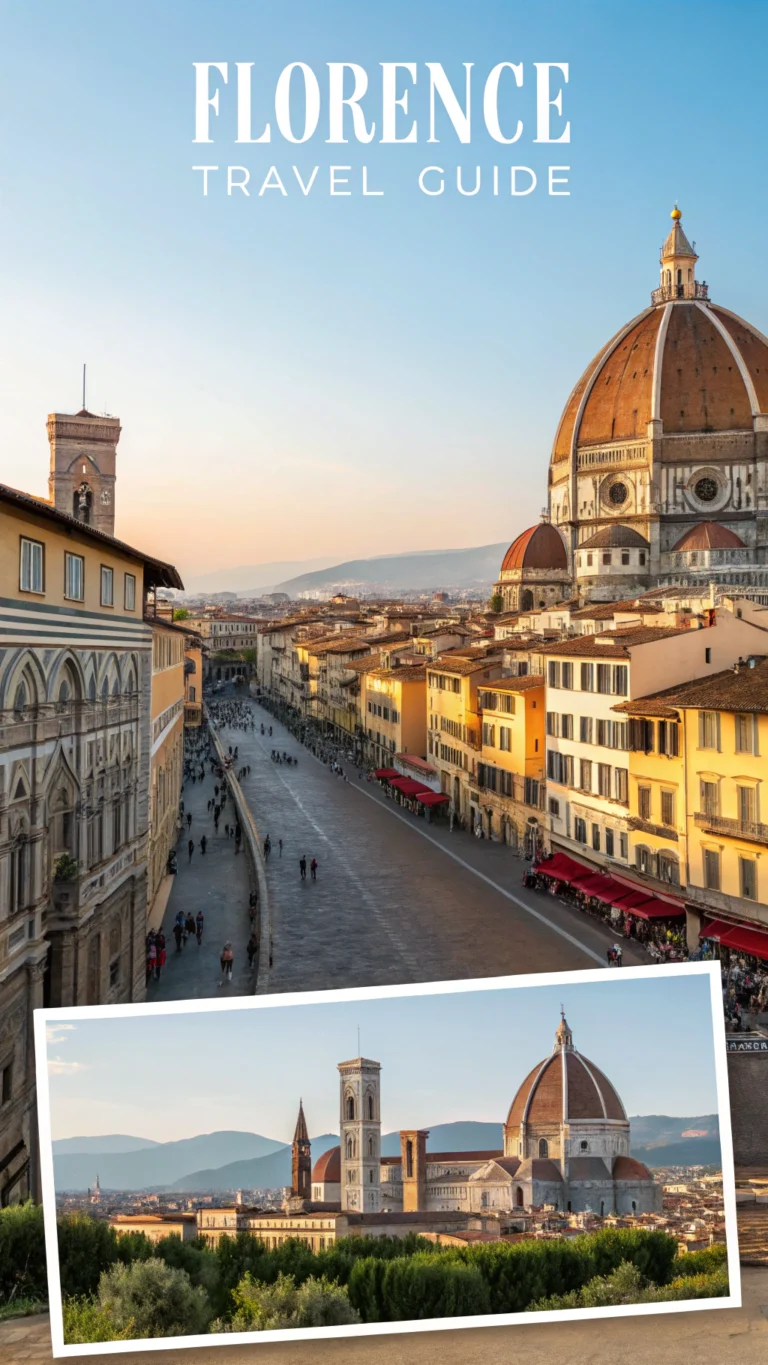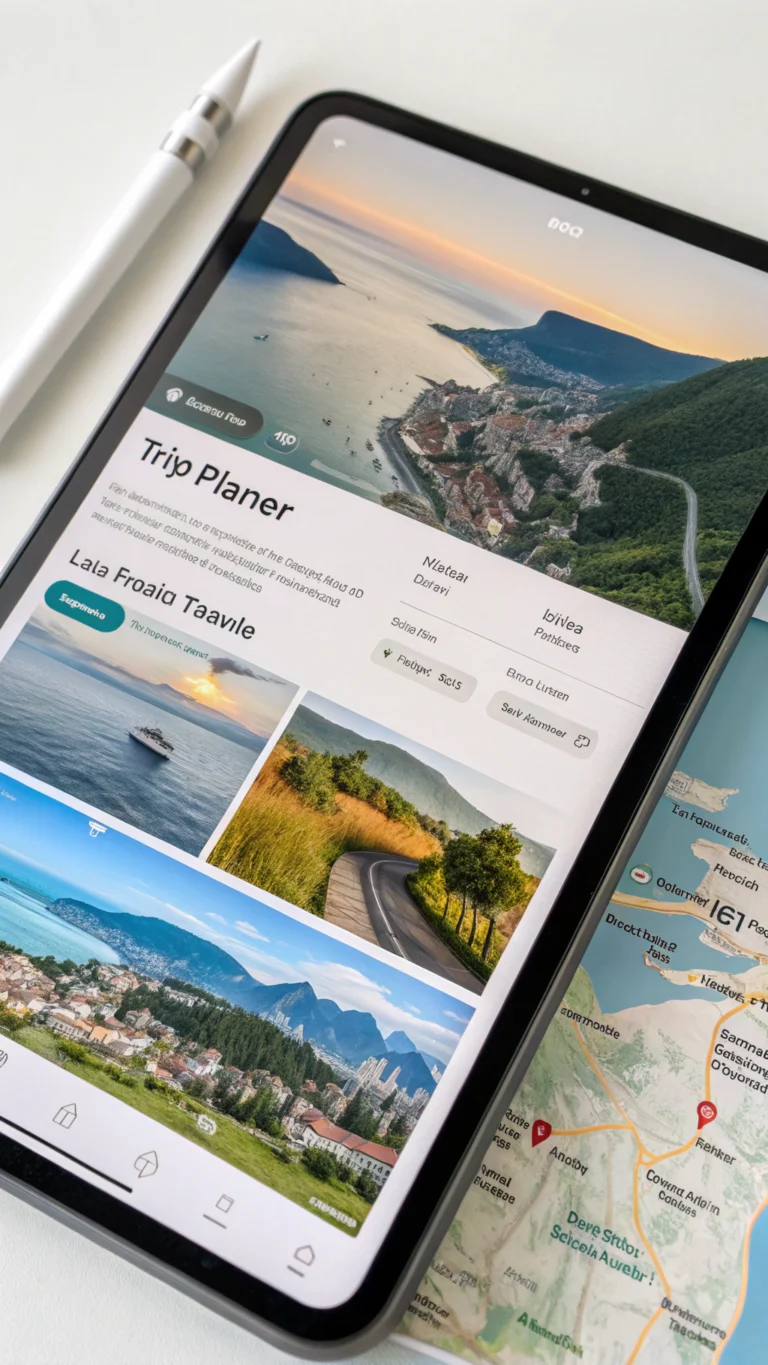How Travel Planning Makes Your Trip 10x Better: Top Tips
Table of Contents
Introduction
Have you ever pondered why some people appear to have fantastic, stress-free travel while others find one calamity after another? Usually, the distinction comes down to one key element: preparedness. A 2023 Expedia study on Travel Planning shows that people who spend at least five hours on Travel Planning express 78% better happiness with their travels than those who do not plan ahead.
Whether your dream is of Asian mountain paths or European cobblestone streets, good travel planning, trip preparation, travel checklist, travel advice can turn a regular holiday into an incredible adventure. Let’s look at how careful planning could maximize your trip, save headaches, and produce lifetime memories.
Destination Overview
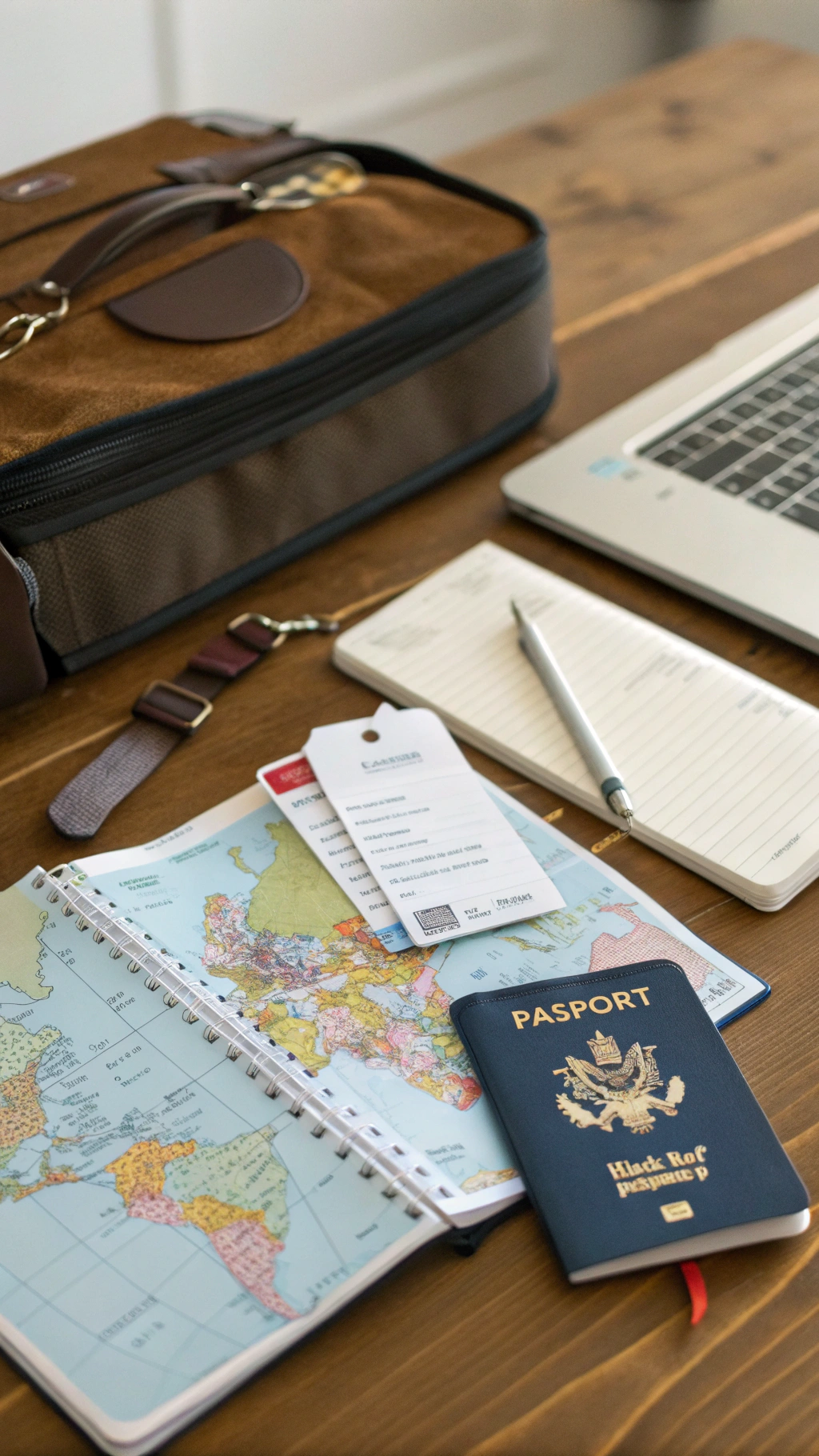
There are amazing places all throughout the world, each with special experiences. Before focusing on particular sites, it’s important to know why destination research forms the pillar of good travel preparation.
A well-researched location provides background for your trips; the history that molded the streets you will walk, the cultural quirks you will come across, and the hidden treasures most visitors overlook. Travelers who do study on their destinations report 40% more meaningful local encounters and spend 35% less time in tourist traps, according to travel statistics.
The ideal time to travel anyplace differs greatly. Mediterranean nations could be perfect in May and September, but packed and costly in July and August. In Southeast Asia, meantime, monsoon seasons can greatly affect your experience.
Travel Itinerary
A well-crafted itinerary serves as your travel roadmap while maintaining flexibility for unexpected discoveries. Here’s how to create one that enhances rather than restricts your adventure:
3-Day Framework
- Day 1: Orientation – Focus on getting acclimated, visiting central landmarks, and understanding local transportation (saves approximately 4 hours of confusion during your trip)
- Day 2: Deep Dive – Explore specific neighborhoods or attractions that interest you most
- Day 3: Local Experience – Get off the beaten path with activities most tourists miss
7-Day Framework
- Days 1-2: Core city/destination exploration
- Days 3-4: Day trips to surrounding areas
- Days 5-6: Special interest activities (hiking, cooking classes, etc.)
- Day 7: Buffer day for revisiting favorites or discovered recommendations
Pro tip: Always account for travel fatigue by scheduling no more than 2-3 major activities per day, with rest breaks in between. Research shows this approach leads to 65% higher enjoyment compared to over-scheduled itineraries.
Must-See Attractions
When travel planning, trip planning, travel checklist, travel tips, balancing the iconic with the authentic creates the most satisfying experience. For each destination, consider this approach:
- Research the top 3 attractions on sites like TripAdvisor or Google Maps
- Then seek out 3 lesser-known spots recommended by locals or travel bloggers
- Allocate approximately 60% of your time to planned attractions and 40% for spontaneous exploration
The “Tourist Paradox” study found that travelers who visit only famous attractions report 30% lower overall satisfaction than those who mix in local experiences. Additionally, visiting popular attractions during off-peak hours (early morning or late afternoon) can reduce waiting times by up to 70%.
Where to Stay
Your accommodation choice significantly impacts your entire travel experience, serving as both your sanctuary and launch point for daily adventures.
For urban destinations, prioritize centrality and proximity to public transportation over luxury amenities. Data shows travelers save an average of 2 hours daily when staying within walking distance of major transportation hubs.
Consider these accommodation types based on your travel style:
- Budget travelers: Hostels or guesthouses ($20-50/night)
- Midrange travelers: Boutique hotels or Airbnbs ($80-150/night)
- Luxury seekers: Upscale hotels or serviced apartments ($200+/night)
Remember that accommodations often represent 30-50% of your total travel budget, so choosing wisely here can dramatically affect your overall experience.
Food & Local Cuisine
Culinary experiences often create our most vivid travel memories. Proper Travel Planning includes researching local specialties and dining options.
When researching food options:
- Identify 3-5 must-try local dishes before arriving
- Research both traditional restaurants and street food options
- Note typical meal times (which vary significantly across cultures)
For travelers with dietary restrictions:
- Learn relevant phrases in the local language
- Research specialized restaurants in advance
- Consider booking food tours that can accommodate restrictions
Studies show that travelers who research local cuisine in advance report 45% higher satisfaction with their dining experiences and spend 25% less on food overall.
Travel Tips & Essentials
Packing smart and preparing for local conditions significantly enhances your travel experience:
- Research typical weather during your travel dates
- Understand local dress codes, especially for religious or cultural sites
- Download essential apps (maps, translation, transportation) before departure
- Notify your bank of travel plans to prevent card blocks
- Purchase travel insurance (travelers with insurance report 60% less stress when facing unexpected situations)
Transportation planning is equally crucial:
- Research public transportation options from the airport to your accommodation
- Consider purchasing city transit passes for savings of up to 40%
- Download offline maps to navigate without data
Common Mistakes to Avoid
Even experienced travelers make these common planning errors:
Overscheduling: Allow for spontaneity and rest. Research shows trips with 30% unscheduled time receive the highest satisfaction ratings.
Ignoring transit time: Factor in realistic travel times between attractions. Most travelers underestimate transit time by 40%.
Currency confusion: Research typical costs in advance. Travelers who benchmark local prices report 35% fewer “tourist tax” experiences.
Weather misconceptions: Seasonal averages can be misleading. Research micro-climates and typical weather patterns for your specific dates.
Visa assumptions: Never assume visa requirements. Check official government websites 3-6 months before traveling.
Budget Breakdown
Effective Travel Planning includes creating a realistic budget. A typical budget breakdown looks like:
- Accommodation: 30-40%
- Transportation: 15-20%
- Food: 20-25%
- Activities: 10-15%
- Miscellaneous: 10%
Add a 15% buffer for unexpected expenses – data shows 78% of travelers exceed their planned budget without this buffer.
Final Thoughts
Careful travel preparation turns regular excursions into remarkable adventures. Investing time in research, designing adaptable plans, and becoming ready for local conditions will help you to avoid common hassles and enjoy places more profoundly.
Recall that the aim is to provide a framework for discovery rather than to schedule every minute. The finest travellers strike a mix between preparation and spontaneity, employing their tool—planning—to increase rather than limit mobility.
All set to change your next travel experience? Start your trip’s planning right now. And keep in mind – the trip starts long before you get on the aircraft.
FAQs
How long ahead should I begin to arrange my travel?
Start three to six months ahead for trips internationally. This gives time for choosing best lodging, processing visas, and reserving perhaps sold-out events.
How finely detailed should my travel schedule be?
Try for a flexible framework instead of a set calendar. Add must-see sites and approximate timing, but allow for unplanned discoveries.
Of all the elements of travel planning, what is most critical?
Traveler polls indicate that lodging research produces the best return on investment; transportation logistics and activities research follow in order.
Should I plan activities ahead of time or wait until I get here?
Activities of popular or restricted availability should be reserved ahead of time. Others may find flexibility and maybe better costs by waiting until arrival.
How can I make sensible plans for unanticipated events?
Before you leave, investigate local emergency services, keep digital copies of key documents, and buy thorough travel insurance.

